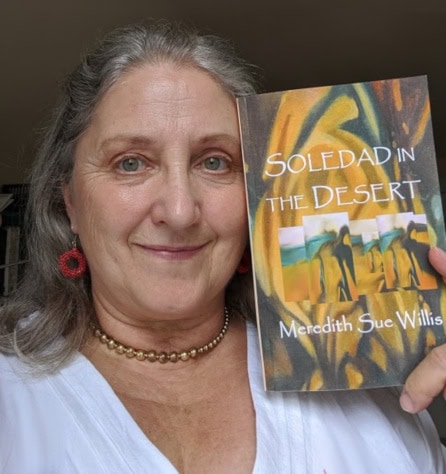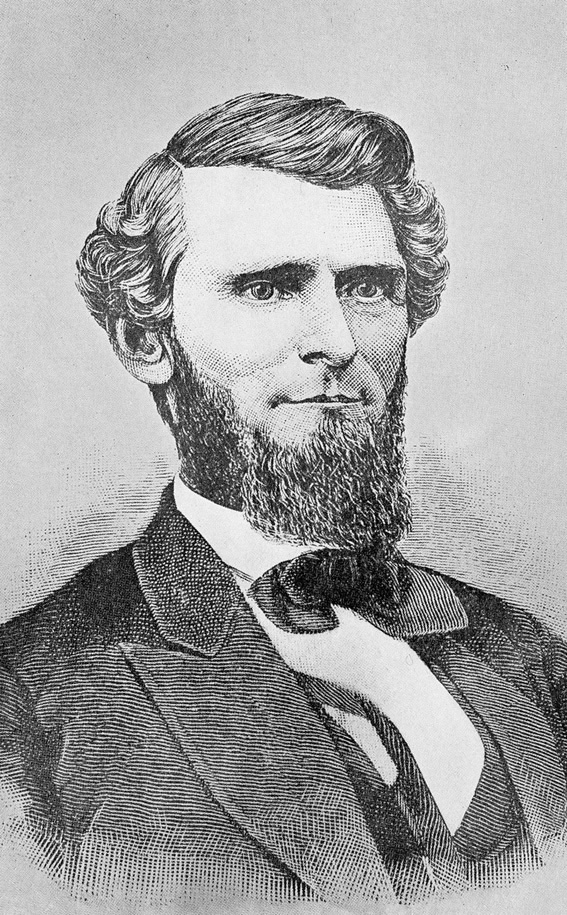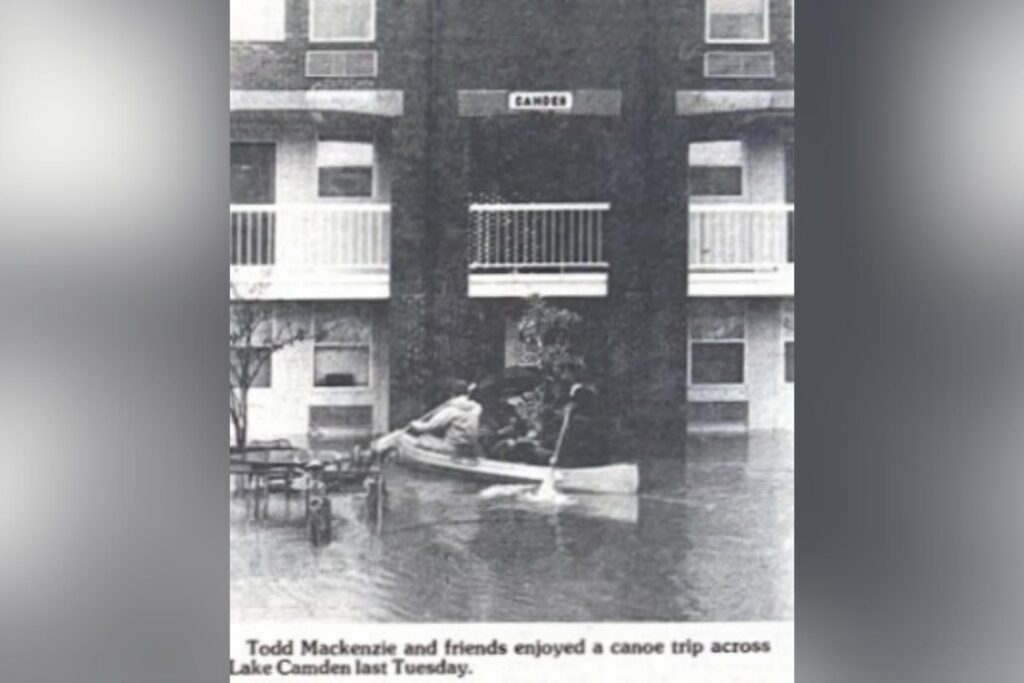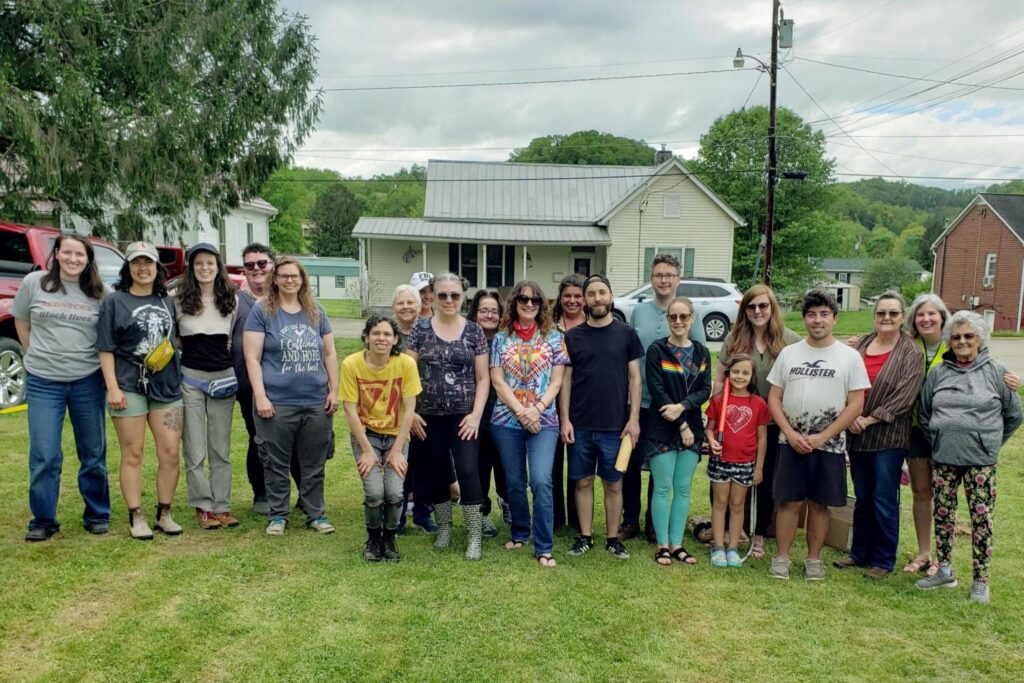Charleston WV – The following events happened on these dates in West Virginia history. To read more, go to e-WV: The West Virginia Encyclopedia at www.wvencyclopedia.org.
May 26, 1895: Athlete Ira Errett “Rat” Rodgers was born in Bethany. He was WVU’s first football All-American, lettering in 1915–17 and 1919.
May 26, 1923: Playwright Maryat Lee was born in Kentucky. In 1970, she moved to Summers County and developed her Eco Theater into a national organization.
May 27, 1912: Legendary golfer Sam Snead was born at Ashwood, Virginia. When The Greenbrier reopened as a resort after World War II, Snead returned as the golf pro.
May 27, 1922: Labor leader Bill Blizzard was acquitted of treason charges following the 1921 Battle of Blair Mountain. The trial was held in the Jefferson County Courthouse, where John Brown had been convicted of treason against Virginia in 1859.
May 28, 1863: Arthur Boreman was elected as the first governor of the new state of West Virginia.
May 28, 1920: Elmer Bird–“The Banjo Man from Turkey Creek”–was born in Putnam County. He was named best old-time banjo player in the country four times in his 60s.
May 28, 1938: Basketball player Jerry West was born on Cabin Creek, Kanawha County. West led East Bank High School to the state basketball championship in 1956 and then rewrote the record books at West Virginia University and with the Los Angeles Lakers.
May 28, 1998: The Robert C. Byrd United States Courthouse in downtown Charleston was dedicated. The 440,000-square-foot building incorporated Neoclassic, Egyptian and Art Deco designs.
May 29, 1778: Dick Pointer, an enslaved person in Greenbrier County, helped save about 60 settlers who were attacked by Indians at Fort Donnally near Lewisburg during the Revolutionary War.
May 29, 1949: Singer-songwriter, labor activist, educator and radio host Elaine Purkey was born in West Hamlin.
May 29, 1961: Alderson and Chloe Muncy in McDowell County received the first food stamps in the nation. After observing malnutrition and poverty during his campaign, President John Kennedy directed the government to establish a pilot food stamp program.
May 30, 1940: Smoke Hole Caverns in Grant County opened for tours. The cave is beautifully decorated with stalactites hanging in rows along the ceiling; the main room is called the “Room of a Million Stalactites.”
May 31, 1841: Roman Catholic Bishop John Joseph Kain was born near Martinsburg. As bishop of the Diocese of Wheeling, he worked to meet the needs of the newly arrived immigrants who came to labor in West Virginia’s mines and factories.
May 31, 1946: Writer Meredith Sue Willis was born in Clarksburg and raised in Shinnston. Willis has authored books for children and on the subject of writing, and much of her adult fiction is set in West Virginia.
June 1, 1880: An 86-round bare-knuckle prize fight for championship of the world was held in the Brooke County town of Colliers, between defending champion Joe Goss and challenger Paddy Ryan. Boxing was illegal in every state, and matches were often held in railroad villages to avoid big-city police.
June 1, 1935: Musician Hazel Dickens was born in Mercer County, the eighth of 11 children. She was a pioneering old-time and bluegrass musician, known for preserving the traditional vocal styles of West Virginia.
June 1, 1858: The Artists’ Excursion left Baltimore on its way to Wheeling. A Baltimore & Ohio executive planned the rail trip to promote tourism. About 50 passengers were on board, including artist and writer David Hunter Strother, who described the experience in an article for Harpers magazine.
























